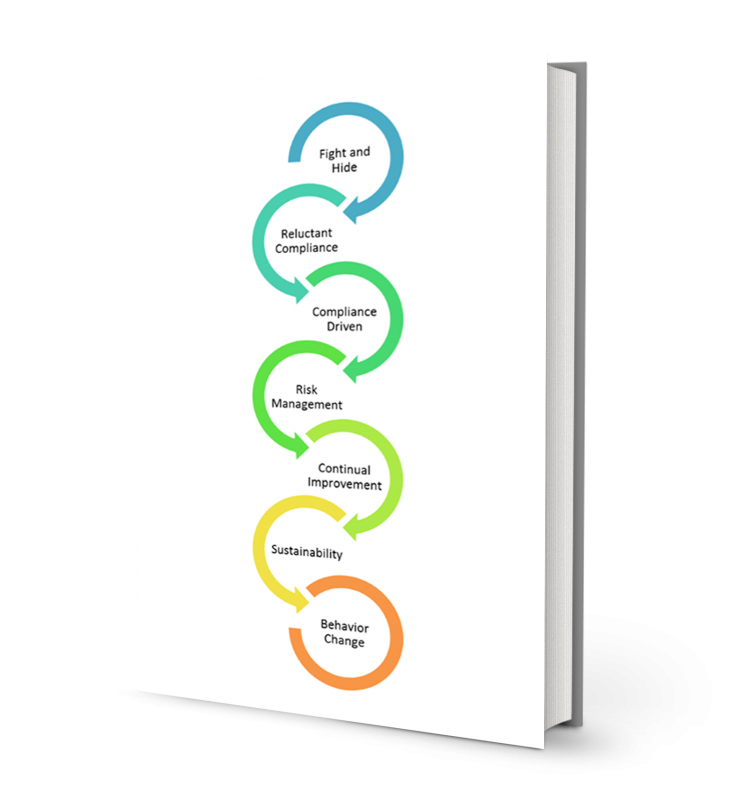PUBLIC PRIVATE PARTNERSHIP AS A TOOL FOR SUSTAINING IMPROVEMENT OF SECONDARY SCHOOL IN A PERIOD OF ECONOMIC UNCERTAINTY IN NIGERIA
Onuorah, Helen Chinelo
hc.onuorah@unizik.edu.ng Department of Educational Management and Policy Faculty of Education Nnamdi Azikiwe University, Awka
Nwaru, Patricia Ego
pe.nwaru@unizik.edu.ng Department of Educational Management and Policy Faculty of Education Nnamdi Azikiwe University, Awka
Enwezor, Chibuogwu Helen
chiogewino@yahoo.com Department of Educational Foundations Faculty of Education Chukwuemeka Odumegwu Ojukwu University, Igbariam, Anambra State, Nigeria
The study investigated public-private-partnership (PPP) as a tool for sustaining the improvement of secondary school in a period of economic uncertainty in Nigeria. Two research questions guided the study and two hypotheses were tested at 0.05 level of significance. Descriptive survey research design was adopted for the study. The population of the study comprised 867 principals of some public and private secondary schools in Anambra State. This population consists of 263 principals of public secondary schools and 604 principals of private secondary schools in the six education zones of the State. The sample for the study was 434 principals of public and private secondary schools in Anambra State. A validated self structured rating scale was the instrument used for collecting data from the respondents. A pilot test was conducted, and the data collected were subjected to Cronbach Alpha analysis to determine the reliability of the instrument. The results indicated coefficient values of .80 for cluster 1 and .86 for cluster 2. The overall reliability coefficient for the entire instrument was found to be .83. Mean and standard deviation were used to analyze the research questions while t-test was used to test the hypotheses. The finding of the study revealed that some of the potential benefits of public-private partnership as a tool for sustaining secondary school improvement in a period of economic scarcity in Nigeria: are that it bridges funding gaps in secondary education and enhances more supportive and active community involvement in secondary education. Furthermore, findings revealed that some of the PPP strategies for sustaining improvement in secondary schools in a period of economic scarcity in Nigeria include engaging private firms in the provision of funds for effective operation of the school and developing clear contracts that specify the responsibilities and obligations of both public and private partners and establishing a clear legal and regulatory framework for PPPs in education among others. Based on these findings, the researchers recommended among others that the federal, state and local governments should show a strong commitment to fostering and promoting public-private partnerships in education.
Anochie, A.C. & Ude (2015). Consistent macro economic framework and funding on the education sector in Nigeria. International Journal of Economics, Commerce and Management, 3(10), 88-107. Ayeni, E. & Fanibuyan, O. (2022). The dynamics of uncertainty, macroeconomic variables, and capital market performance: A case study of Nigeria. Research in Globalization, 5, 100107. Baneng, N. &Ntshokwe, M. (2020). Secondary education spending and school attendance in South Africa: An ARDL approach. Cogent Social Sciences, 6(1), 1 – 16. Federal Republic of Nigeria. (2013). National policy on education (6th edition). NERCD. Feldhoff, T., Radisch, F.,&Bischof, L. M.(2016). Designs and methods in school improvement research: A systematic review. Journal of Educational Administration, 54(2), 209-240. https://doi.org/10.1108/JEA-07-2014-0083 Jo¨ets, M., Mignon, V., & Razafindrabe, T. (2017). Does the volatility of commodity prices reflect macroeconomic uncertainty? Energy Economics, 68, 313–326. Kalman, M. (2020). School improvement and contextual factors: A qualitative case study on educators’ perceptions and experiences. Pedagogical Research, 5(4), em0083. Lawal, N.A., Osinusi, K.B., Bello, H.O. & Bisiriyu, S. O. (2022). Effect of government expenditure and macroeconomic uncertainty on education outcome in Nigeria. Journal of Economic Studies (JES), 19(1), 62-73. Ndagi, A. (2013). Strategies for improving technical vocational education and training (TVET) through PPP intervention in government technical colleges in Niger State. A paper presented at 1st National Conference, School of Technical Education COE Minna Niger State. Osei-Kyei, R. & Chan, A. (2015). Review of studies on the critical success factors for Public– private partnership (PPP) projects from 1990 to 2013. Elsevier, 33(6), 1335–1346. Toriola-Coker, L. O., Omokungbe, O., Obisanya, A. A., Yekini, N. A., Alaka, H. & Ayodele- Oja, S. (2022). Public private partnership (PPP) as an aid to tertiary institution support for internally generated revenue (IGR): A case study of Yaba College of Technology. South Florida Journal of Development, Miami, 3(3), 4122-4142 Untari, S. (2016). Public-private partnerships in improving the quality of education for the poor in Indonesia. Public Policy and Administration Research, 6(6), 65-72. Ukpoko, J.A. (2019). Public and private partnership initiative and the management of public secondary schools in North Central Nigeria. (Master’s thesis, Benue State University, Makurdi, Nigeria)

